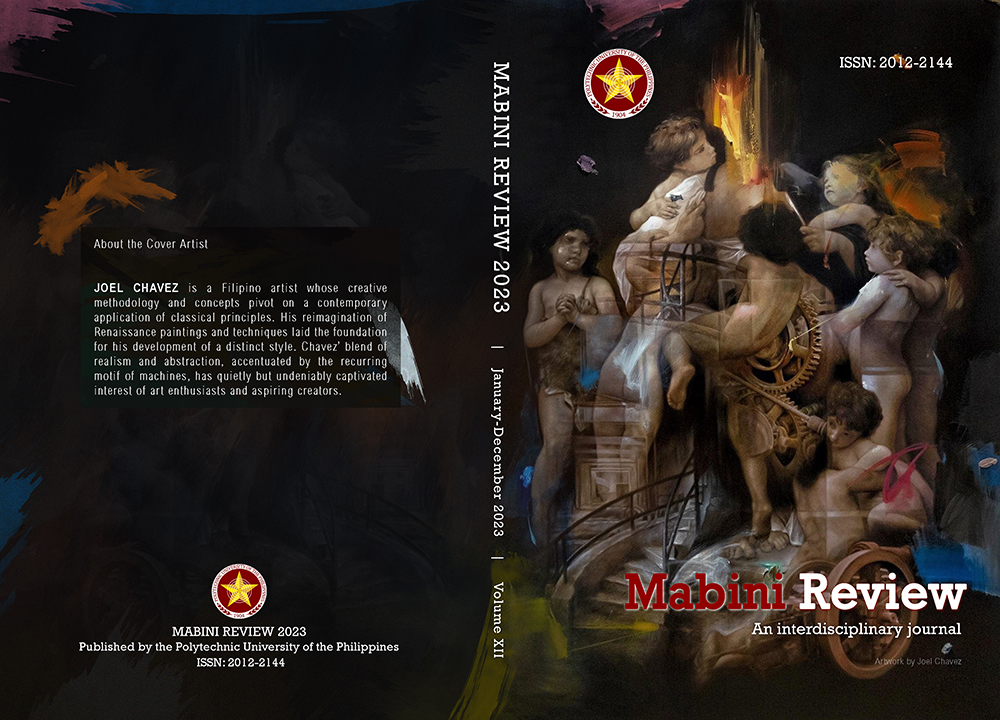Angat Buhay Lahat? A Review on the State of Philippine Politics and the Frame of Democracy during the 2022 Philippine National Elections
DOI:
https://doi.org/10.70922/atb7xv68Keywords:
democracy, active participation, 2022 National and Local Elections, Leni Robredo, political participationAbstract
The 1987 Philippine Constitution describes the Philippines as a “democratic and republican State”. The same constitution upheld sovereignty of the country resides in the Filipino people and such that the government authority emanates from them. This provision clearly describes how democracy should work in the Philippines. However, election-related violence and vote buying are still happening around the country. These incidences are backed up by various theories about how democracy is operated in the Philippines such as elite democracy, patron-client framework and
utang na loob. These two concepts may be the reason why political dynasties exist in the country, which leads to the weakening of the Philippine state. However, during the 2022 National and Local Elections, two aspirant leaders – then Vice President Leni Robredo and Senator Kiko Pangilinan – changed the perspective of how democracy in the Philippines operates due to the unusual way of campaigning by their supporters. The supporters wanted change from the previous Duterte administration especially from controversial issues such as the War on Drugs and handling the COVID-19 Pandemic. The mammoth crowd of supporters around the country who led and attended their so-called “people’s rally” was called a Pink Movement from supporters within and outside the Philippines. The campaign penetrates all levels of active participation – personally participative, participative, and justice-oriented. However, the results of the National Elections disappointed a lot of her supporters, as Robredo lost against Bongbong Marcos, son of dictator Ferdinand Marcos. But the launching of her new non-governmental organization, Angat Buhay, redirected the energy of her supporters in running the program.
Downloads
References
Downloads
Published
Issue
Section
License
Copyright (c) 2023 Arvin John C. Ramirez (Author)

This work is licensed under a Creative Commons Attribution-NonCommercial 4.0 International License.
Articles published in the MABINI REVIEW will be Open-Access articles distributed under the terms and conditions of the Creative Commons Attribution-Noncommercial 4.0 International (CC BY-NC 4.0). This allows for immediate free access to the work and permits any user to read, download, copy, distribute, print, search, or link to the full texts of articles, crawl them for indexing, pass them as data to software, or use them for any other lawful purpose.


